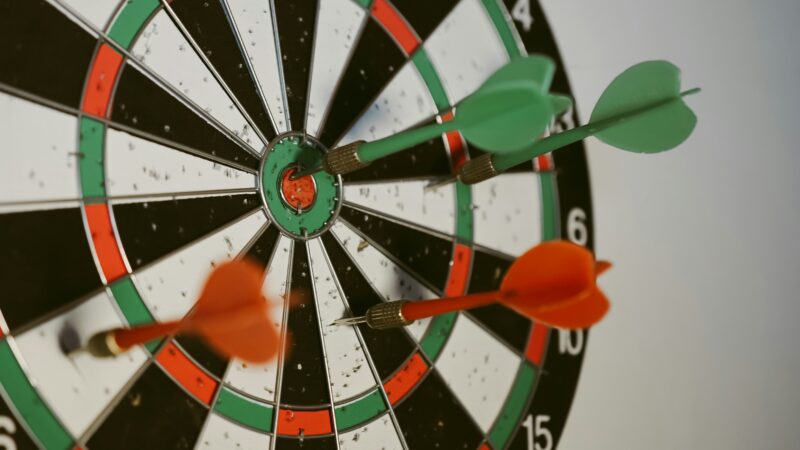Procrastination and Commitment-Phobia
How is your year progressing? Anything you wish to achieve this year personally or professionally—new adventures and exciting experiences?
If you are like the vast majority, you are a procrastinator. If you hit the new year motivated and are already well progressed with your new year good habits – ‘GOOD ON YOU!’
But, I don’t wish to deflate you, there is still most of the year to stay motivated. ‘YOU WILL NEVER MAKE IT!’ You will most likely slip into your old ways, bad habits and the same time next year, you will be back at the same place again.
A bit like Bill Murray’s hilarious movie Groundhog Day (hitting cinemas way back in 1992). In Groundhog Day, Bill’s character meteorologist Phil Connors re-lives February 2nd (Groundhog Day), the same day again and again, and again, and again.
And, with this he gets better and better.
But, life ain’t like the movies. Human nature is to procrastinate a long time, then relapse back to the same bad habits, again and again.
Don’t feel bad, you are not alone. It is science, more precisely behavioural psychology.
People typically move slowly from starting to think about a behaviour change (precontemplation to contemplation), balancing the pros and cons and risk-reward to trigger a desire to change (preparation), typically after much procrastination they start the necessary action to change their behaviour, then attempt to commit to maintaining the positive behaviour, typically relapsing back to old comfortable ways … hmmm.
Think of the social and economic consequences of such procrastinating commitment-phobes.
Research illustrates the growing epidemic of digital and social media addiction. And conversely, digital and social media provides opportunity to change behaviour.
Since 2015, I have been experimenting with a few Apps gamifying aspects of bahaviour change. Such Apps are providing the basic tools required for behaviour change.
Many behavioural economics triggers are embedded into such Apps. Providing clear ‘defaults’ to allow self-improvement to go with a flow of pre-set options. Wearables are starting to become the social ‘norm.’ There is clever incorporation of ‘incentives’ to allow the gamification of self-improvement – badges, psychological rewards, progress updates, day streaks etc. They provide mechanisms to allow pubic promises and‘commitments’ to be made that we then wish to keep. And, they are smart at positive reinforcement and stroking our ‘ego’ – “well done, you’re smashing it today!”
There are Apps emerging constantly with this in mind. Incorporating tools to make change easy. From interventions to help people to quit smoking to saving money, sleeping better and simply achieving the goals we’ve always desired.
Think about the possibilities in overcoming the procrastination and inability to commit preventing behaviour change. From banks measuring their performance more on their ability to help people achieve their financial goals. Or, advanced tools to build superpowers from musical instruments, to new languages to that skill you’ve always wanted but you just cannot commit.
For the full uncensored Groundhog Day (and Commitment-Phobia).




